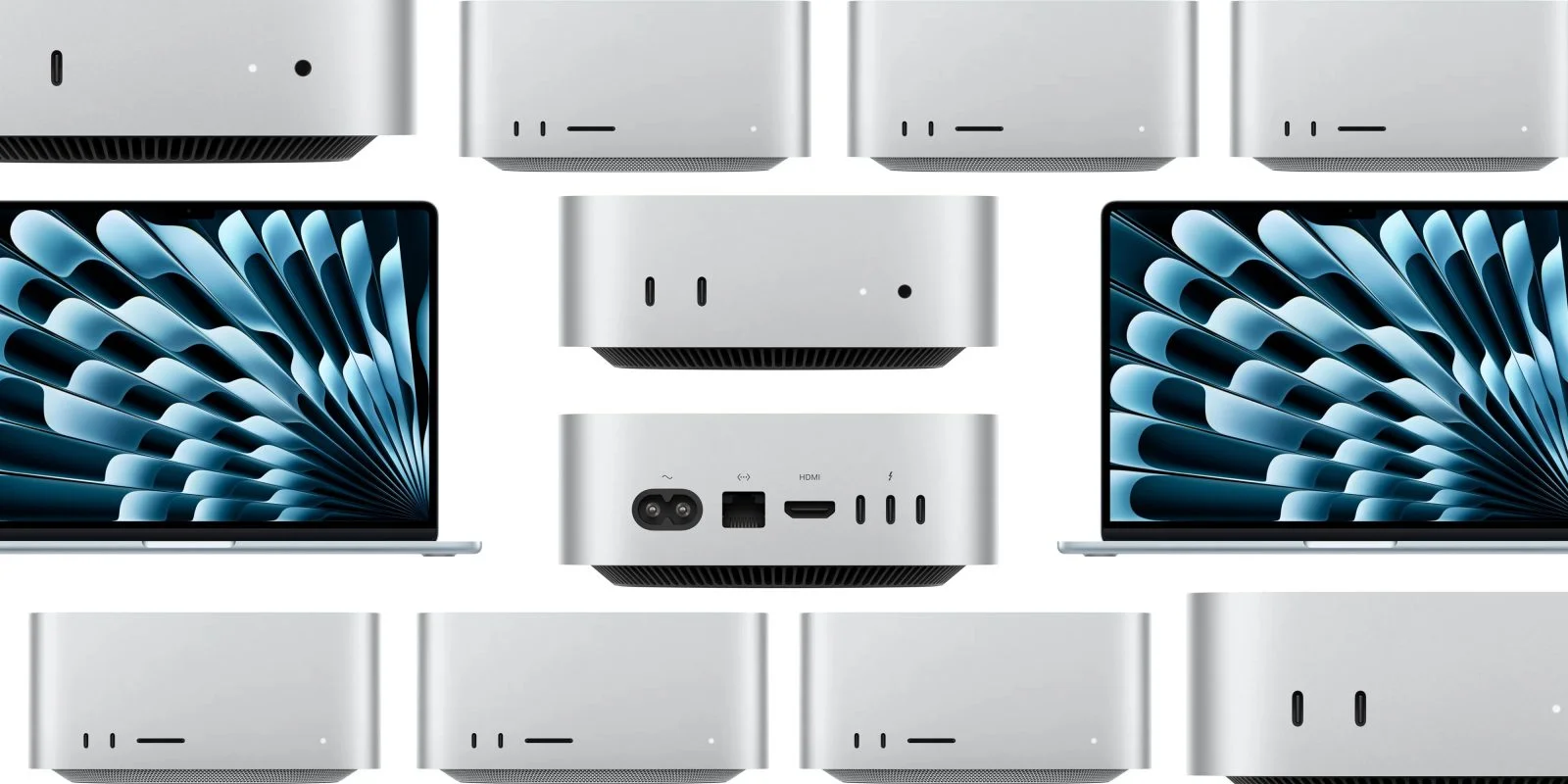Global Tech Titans Gather Amid Geopolitical Challenges
Taiwan is once again at the epicenter of the global technology industry as Computex 2025 — one of the world’s premier tech expos — kicks off in Taipei. Amid rising tensions over trade restrictions, disrupted global supply chains, and ongoing tariff disputes between the United States and China, the world’s leading semiconductor and hardware companies are converging to showcase their latest innovations and strategic visions.
One of the major highlights of this year’s Computex is Nvidia’s ambitious new plan to build Taiwan’s first AI supercomputer, a project that could have significant implications for both the regional and global AI ecosystem.
Nvidia’s Vision: Building a Future-Proof AI Infrastructure
During his keynote speech, Nvidia CEO Jensen Huang announced that the company will be partnering with Foxconn, TSMC (Taiwan Semiconductor Manufacturing Company), and the Taiwanese government to develop a cutting-edge AI supercomputing facility. Huang emphasized that this initiative aims to strengthen Taiwan’s AI infrastructure and support a vibrant and scalable AI ecosystem.
“Having a world-class AI supercomputer in Taiwan will empower local companies, researchers, and developers to access the tools and resources needed to innovate in artificial intelligence,” said Huang. “This will not only enhance Taiwan’s technological capabilities but also fortify its position as a central hub in the global AI race.”
Strategic Collaborations with Taiwanese Giants
To turn this vision into reality, Nvidia will work closely with two of Taiwan’s most influential tech companies:
-
Foxconn, the world’s largest contract electronics manufacturer, will contribute its expertise in data center infrastructure and hardware integration.
-
TSMC, the leading global chipmaker and a key Nvidia partner, will support the project through its advanced semiconductor technologies and manufacturing capabilities.
By involving these powerful allies, Nvidia is ensuring that the project will benefit from Taiwan’s mature tech ecosystem, rich talent pool, and proven manufacturing capabilities.
Why Taiwan? Strategic Importance in Global Tech
Taiwan holds a unique and strategically critical position in the global technology landscape. It produces over 60% of the world’s semiconductors and more than 90% of the most advanced chips, largely through TSMC. The island’s expertise in chip fabrication, combined with its strong research institutions and innovation-driven economy, makes it a natural choice for such a high-profile AI project.
Moreover, as global tech giants face increasing pressure from geopolitical tensions and restrictions such as the U.S. tariffs on Chinese imports, many are shifting their supply chains and R&D hubs to more stable and friendly regions like Taiwan.
Supercomputing Power to Fuel AI Innovation
The planned AI supercomputer is expected to be equipped with Nvidia’s latest GH200 Grace Hopper Superchips, designed specifically for AI, data analytics, and high-performance computing workloads. These chips provide enhanced memory bandwidth, efficient data throughput, and unparalleled computational power, making them ideal for tasks ranging from generative AI to complex scientific simulations.
Once completed, the supercomputer will be one of the most powerful in Asia and will serve as a national asset for Taiwan — available to academic institutions, startups, and enterprises alike.
Economic and Technological Impact
The investment is expected to have wide-reaching benefits:
-
Boost to Local Economy: The project will generate thousands of jobs and attract new investment in AI-related industries.
-
Support for Startups and Innovation: Local AI startups will be able to access world-class computing resources, enabling rapid prototyping, model training, and deployment.
-
Global Competitiveness: Taiwan’s technological independence and innovation capacity will be strengthened, helping the island maintain a competitive edge in the face of global uncertainties.
AI Ecosystem Development in Focus
Nvidia’s broader mission is to cultivate a full-fledged AI ecosystem in Taiwan. Beyond just hardware, the company plans to collaborate with local universities, research centers, and software developers to create comprehensive support systems for AI development.
This includes:
-
Talent Development: Training programs and certification courses to build AI skills in students and professionals.
-
Academic Collaboration: Partnerships with leading Taiwanese universities for joint research and innovation.
-
Open Platforms: Making Nvidia’s AI tools, such as CUDA and TensorRT, widely available to local developers.
Taiwan’s Response: Full Government Support
The Taiwanese government has expressed full support for the initiative, recognizing it as a strategic asset that aligns with the island’s long-term vision for digital transformation and technological sovereignty. Government officials emphasized the importance of staying ahead in AI to ensure economic resilience and national security.
Taiwan’s Minister of Economic Affairs stated: “We are proud to partner with Nvidia in this historic initiative. This supercomputer project will accelerate our national AI strategy and position Taiwan as a global leader in next-generation technologies.”
A Bold Step Toward the AI Future
Nvidia’s announcement at Computex 2025 marks a pivotal moment for Taiwan’s technological future. As global uncertainties continue to shape the tech industry, this AI supercomputer project symbolizes resilience, innovation, and collaboration. With world-class partners and robust governmental backing, Taiwan is poised to become a cornerstone in the global AI revolution.



